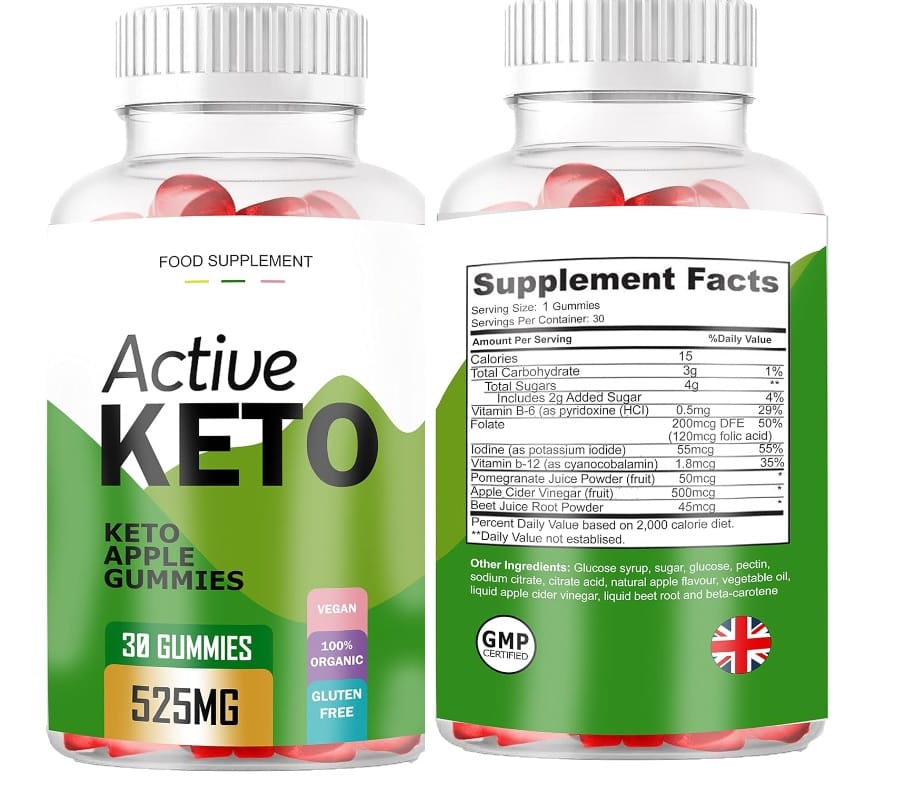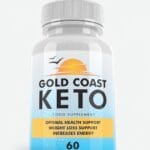In recent years, the ketogenic diet has gained immense popularity for its potential to help individuals shed excess weight and improve overall health. As the trend continues to rise, so does the interest in supplements that claim to enhance and optimize the benefits of the ketogenic lifestyle. In this comprehensive guide, we’ll delve into the scientific foundation behind keto supplements, sorting out the facts from the myths.
Understanding Ketosis and Keto Supplements
Before we explore the world of keto supplements, it’s crucial to understand the fundamental concept of ketosis. Ketosis is a metabolic state in which the body burns fat for fuel instead of carbohydrates. Achieving and maintaining ketosis is the primary goal of the ketogenic diet.
1. Exogenous Ketones
Exogenous ketones are supplements that contain ketone bodies, which can elevate blood ketone levels, aiding in quicker and easier attainment of ketosis. While they can enhance the process, it’s important to note that exogenous ketones are not a magic solution. They work best when combined with a low-carb diet.
2. Electrolytes
Electrolyte imbalances are common during the initial phase of the keto diet, often leading to symptoms like headaches and fatigue. Supplements containing sodium, potassium, and magnesium can help maintain the body’s electrolyte balance, reducing these side effects and ensuring a smooth transition into ketosis.
3. MCT Oil
Medium-chain triglycerides (MCTs) are a type of fat that is easily converted into ketones by the liver. MCT oil supplements are popular among keto enthusiasts for their ability to increase ketone levels, boost energy, and support mental clarity.
The Science Behind Keto Supplements
1. Exogenous Ketones and Ketosis
Exogenous ketones are ketones supplied from an external source. When ingested, they increase the body’s ketone levels, providing immediate energy. However, it’s crucial to maintain a proper balance of macronutrients to sustain ketosis in the long term. Exogenous ketones are most effective when used in conjunction with a low-carb, high-fat diet.
2. Electrolytes and Hydration
Electrolytes play a vital role in maintaining cellular function and hydration. On a keto diet, the body excretes more electrolytes, making supplementation essential. Sodium, potassium, and magnesium supplements can prevent electrolyte imbalances, ensuring optimal bodily functions and reducing the risk of side effects.
3. MCT Oil and Fat Metabolism
MCT oil is rapidly absorbed and transported to the liver, where it’s converted into ketones. This process, known as ketogenesis, enhances the body’s ability to burn fat for fuel. MCT oil supplements are particularly beneficial for individuals aiming to increase their fat intake or those following a high-protein, low-carb diet.
While keto supplements can aid in the journey toward ketosis, it’s essential to recognize that they are not a substitute for a well-balanced ketogenic diet. Understanding the science behind these supplements empowers individuals to make informed choices, optimizing their keto experience.


